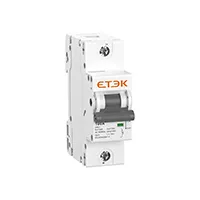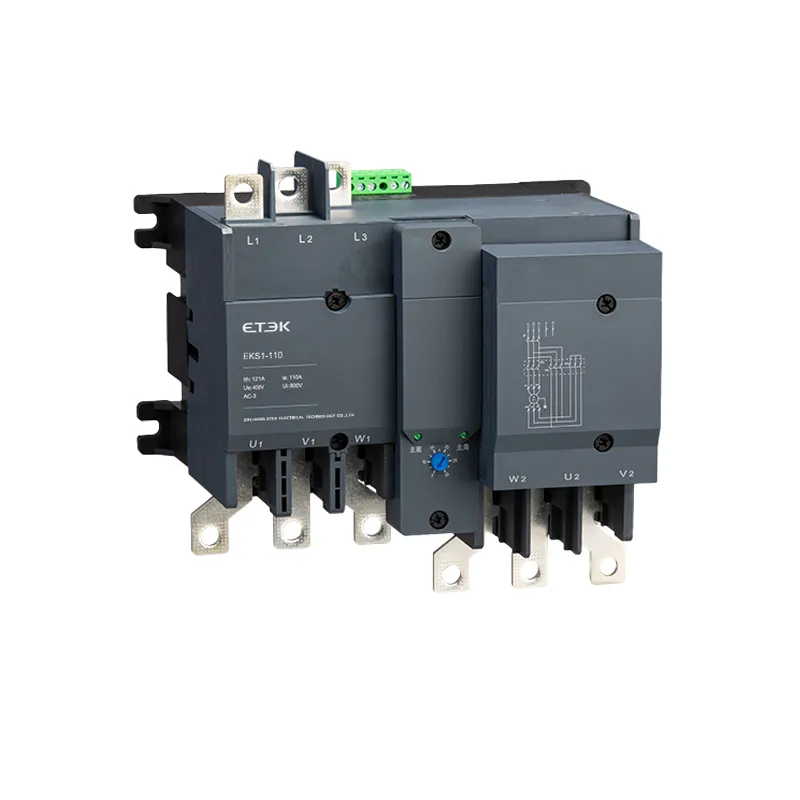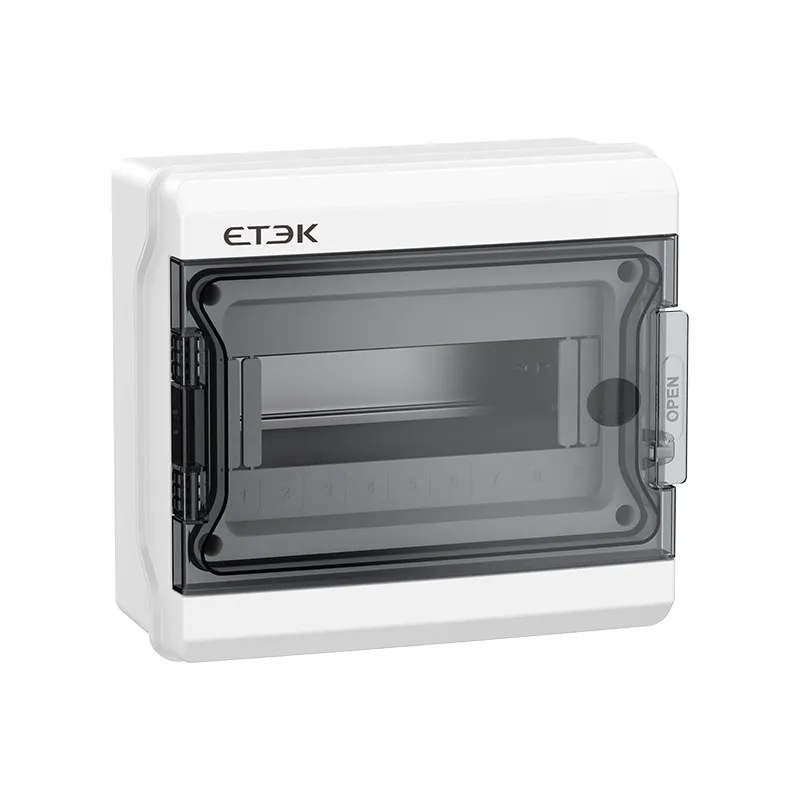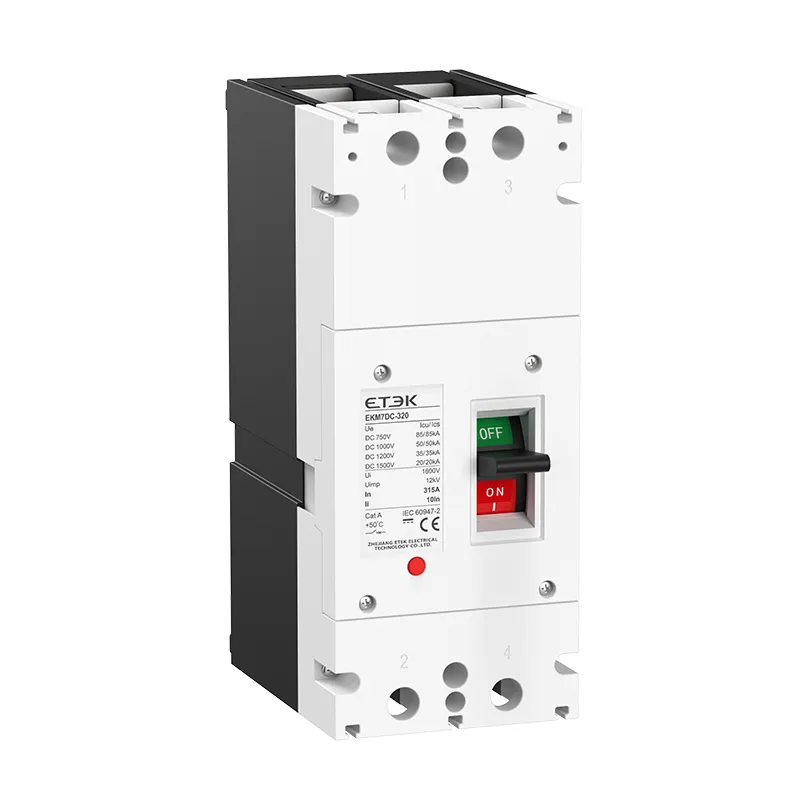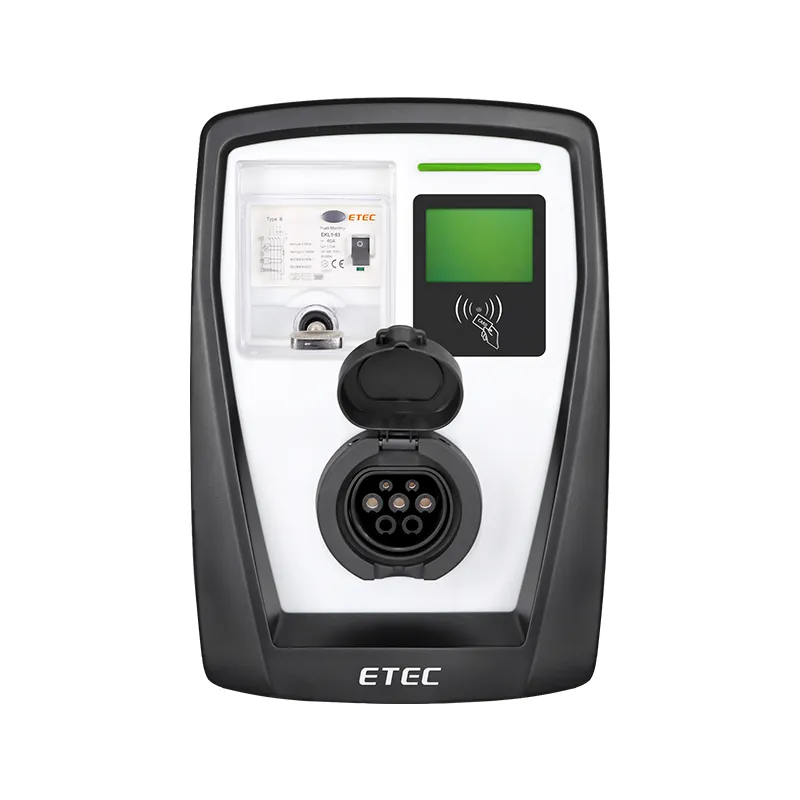What is a Miniature Circuit Breaker?
A Miniature Circuit Breaker (MCB) is an electrical safety device used to automatically protect an electrical circuit from damage caused by overloads or short circuits. It is designed to cut off the current flow when an abnormal condition occurs, preventing potential hazards like electrical fires or equipment damage.
Understanding the Importance of MCBs in Electrical Safety
In today’s world, where electrical appliances and devices are essential for daily life, ensuring the safety of our electrical circuits is more important than ever. This is where Miniature Circuit Breakers (MCBs) play a crucial role. They serve as the first line of defense against electrical faults, making them an essential component in homes, offices, factories, and industrial settings. Let's dive deeper into what MCBs are, how they work, and why they're so important for electrical safety.
What Exactly Does an MCB Do?
The core function of a Miniature Circuit Breaker is to interrupt the electrical flow when there’s an overload or short circuit, protecting both the wiring and the connected devices from potential damage. Think of an MCB as a “switch” that automatically flips off when something goes wrong in the circuit. Unlike traditional fuses, which need to be replaced after blowing out, MCBs can be reset once the fault is cleared, making them a more efficient and reusable option.
Key Features of a Miniature Circuit Breaker:
-
Automatic Trip Mechanism: When a fault occurs, such as an overload or short circuit, the MCB's internal mechanism detects the issue and quickly disconnects the circuit to prevent further damage.
-
Current Rating: MCBs come with different current ratings (e.g., 6A, 10A, 16A, etc.) to accommodate various types of electrical loads. This allows users to choose an MCB that fits the specific needs of their electrical system.
-
Resettable: Once the fault is cleared, MCBs can be manually reset, saving time and money compared to fuse-based systems that require replacement.
-
Compact Design: As the name suggests, miniature circuit breakers are small in size, allowing for easy installation in standard electrical panels and providing effective protection without occupying much space.
How Does an MCB Work?
MCBs operate based on two main principles:
-
Thermal Protection: A bimetallic strip inside the MCB bends when heated by an overload current. When the current exceeds the safe limit for an extended period, the strip bends enough to trip the circuit, disconnecting the power.
-
Magnetic Protection: In the case of a short circuit, the MCB uses an electromagnet to sense a sudden surge in current. The magnetic field generated trips the breaker instantly, protecting the circuit from severe damage.
Why Should You Use an MCB?
-
Enhanced Safety: MCBs prevent electrical fires, equipment damage, and potential electric shocks caused by overloads or short circuits. They are a reliable safeguard for both residential and commercial electrical systems.
-
Prevention of Equipment Damage: Overload conditions can damage expensive electrical equipment and appliances. By automatically disconnecting the power supply, MCBs protect valuable assets like computers, HVAC systems, and machinery.
-
Reliability: Unlike traditional fuses, which can be inconvenient to replace, MCBs offer a more reliable and hassle-free solution for protecting circuits. A simple reset is all that's needed to restore the circuit after a fault is cleared.
-
Cost-Effective: MCBs are a one-time investment that can last for many years. Since they don't require frequent replacement, they offer better long-term value than fuses.
-
Compliance with Electrical Standards: MCBs help ensure that your electrical systems comply with safety standards and regulations, which are especially critical in commercial and industrial environments.
Applications of MCBs
Miniature Circuit Breakers are widely used in various settings due to their versatility and effectiveness. Here are some of the common applications:
-
Residential Use: MCBs are installed in home distribution boards to protect circuits powering lighting, appliances, and power outlets.
-
Commercial Buildings: In offices, shopping malls, and hospitals, MCBs provide circuit protection for lighting systems, air conditioning, and other critical electrical equipment.
-
Industrial Use: MCBs are used in factories and plants to protect heavy machinery, motor circuits, and control panels from overloads or short circuits.
Choosing the Right MCB
When selecting an MCB for your electrical system, consider factors like:
-
Current Rating: Choose an MCB with a current rating appropriate for the devices and circuits you're protecting.
-
Type of Protection: Depending on your application, you may need an MCB with different characteristics, such as Type B (for residential circuits) or Type C (for industrial circuits).
-
Tripping Characteristics: Ensure the MCB has the right tripping characteristics for your needs. For example, Type B trips quickly under overload conditions, while Type C is designed to handle higher inrush currents before tripping.
Conclusion
In a world that’s becoming increasingly dependent on electricity, Miniature Circuit Breakers (MCBs) are essential tools for maintaining safety, protecting electrical systems, and reducing the risk of damage. By understanding how MCBs work and choosing the right one for your needs, you can ensure a safe and reliable electrical system for your home, office, or industrial facility. Whether you are upgrading your electrical panel or building a new system, MCBs are a smart and reliable choice for your electrical protection needs.



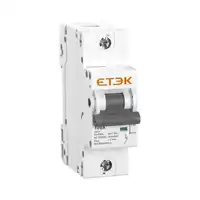
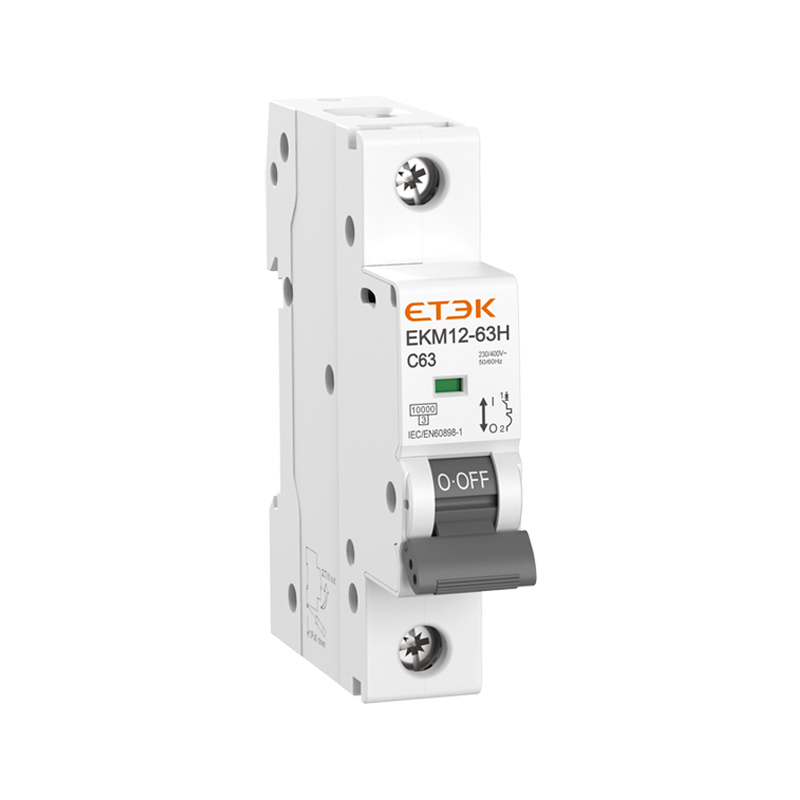
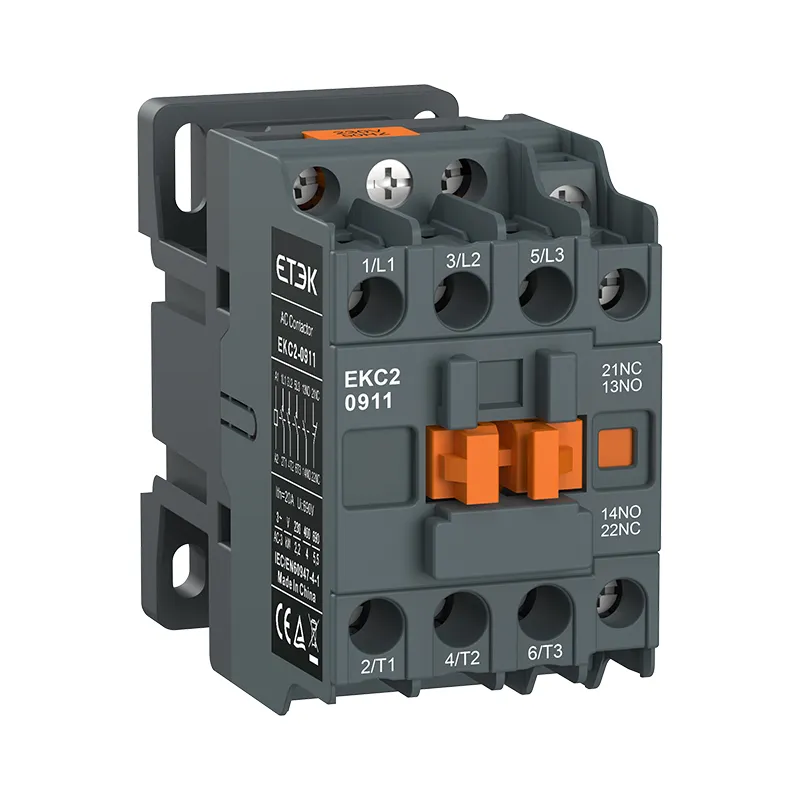
.webp)

